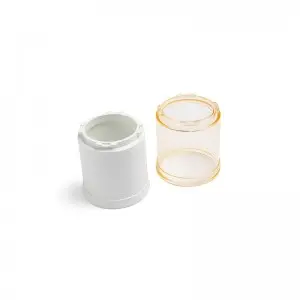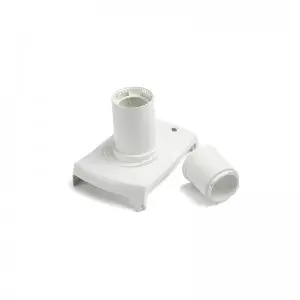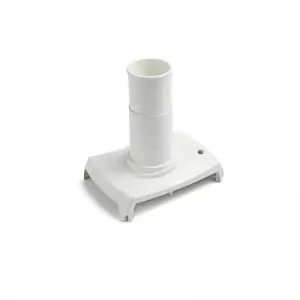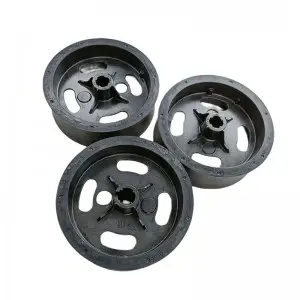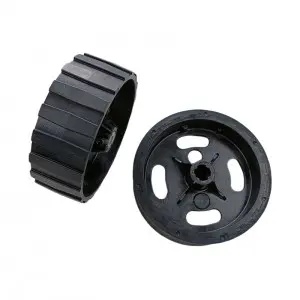When you through our website, you might find some product's material is PC or TPU. But what, exactly, does PC/TPU is? And what different with PC and TPU? Let’s begin with the this article.
PC
Polycarbonate (PC) refers to a group of thermoplastic polymers encompassing carbonate groups in their chemical structures. PC used in engineering are strong and tough. Some grades are optically transparent and used for polycarbonate lenses. They are easily worked, molded. Because of these chemical properties, PC have many applications.
Polycarbonate is a thermoplastic found nearly everywhere. It is used in eyeglasses, medical devices, protective gear, auto parts, DVDs, and lighting fixtures. As a naturally transparent amorphous thermoplastic, polycarbonate is useful because it can transmit light internally almost as effectively as glass and can withstand more significant impacts than many commonly used other plastics.
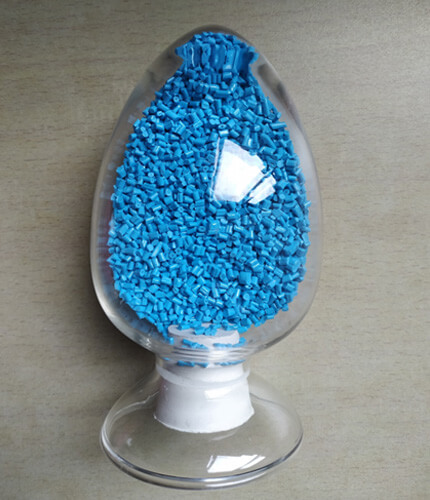
Common craft of PC
The common methods to produce polycarbonate parts are:Injection molding、Extrusion.
Injection molding
Injection molding is the most common method to produce polycarbonate and their blends. Polycarbonate is highly viscous. It is usually processed at high temperatures to reduce its viscosity. In this process, the hot polymer melt is pressed through into a mold with high pressure. The mold when cools gives the molten polymer its desired shape and characteristics.
Plastic Injection Medical Accessories Housing
Extrusion
In the extrusion process, the polymer melt is passed through a cavity which helps in giving it the final shape. The melt when cooled attains and maintains the shape acquired. This process is used to manufacture polycarbonate sheets, profiles, and long pipes.
What are the advantages of using PC?
It is highly durable, impact-resistant, and won’t crack or fracture
It is heat resistant and therefore easy to mold, making it ideal for a variety of applications
It is easily recyclable which means it’s also good for the environment
TPU
Thermoplastic polyurethane (TPU) is a melt-processable thermoplastic elastomer with high durability and flexibility. it can common be used as printing material in two types of 3D printers—Fused Deposition Modeling (FDM) printers and Selective Laser Sintering (SLS) printers.
TPU comes in a wide range of opaque colors as well as transparent. Its surface finish can range from smooth to rough (to provide grip). One of the unique features of TPU is that its hardness can be customized. This ability to control hardness can result in materials ranging from soft (rubbery) to hard (rigid plastic).
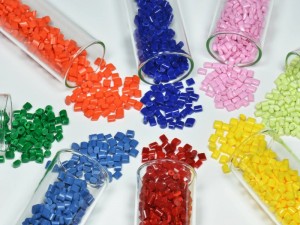
The application of TPU
The application of TPU is very versatile. Industries that use TPU printed products include aerospace, automotive, footwear, sports, and medical. TPU is also used as a casing for wires in the electrical industry and as protective cases for electronic devices, such as mobile phones or tablets.
What are the advantages of using TPU?
It is highly abrasion resistant, which protects it from scratches and scrapes
Its exceptional elasticity allows it to be easily molded for a variety of applications
It is transparent, making it an ideal material for clear phone cases and other see through products
It is oil and grease resistant, which keeps grubby prints from sticking to products made from TPU
Summary
This article discussed Polycarbonate (PC), about what it is, its uses, its common craft, and advantages. RuiCheng offers various craft about polycarbonate including injection and extrusion. Contract us for a quote on your polycarbonate craft needs.
Post time: Mar-26-2024

